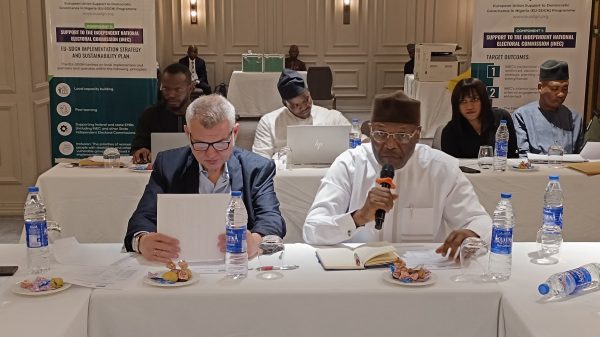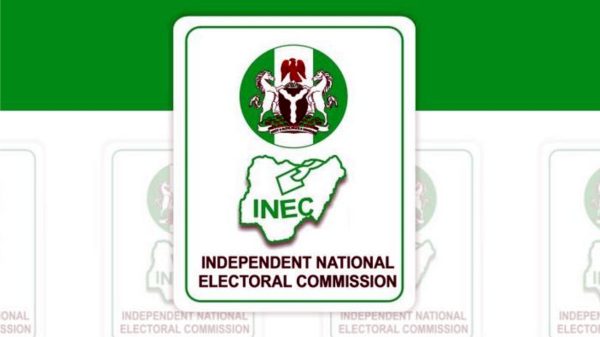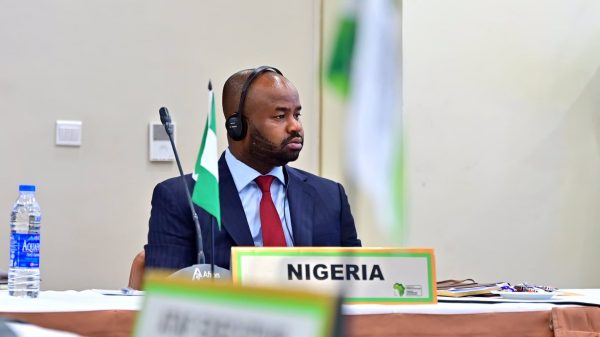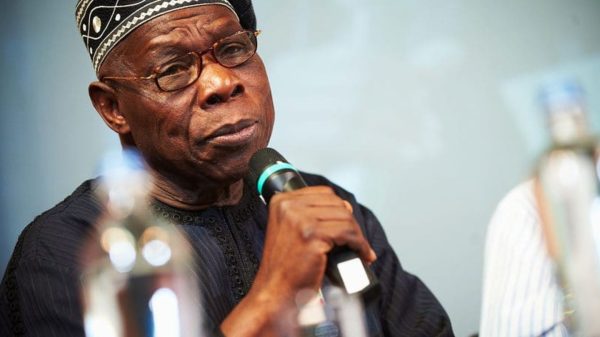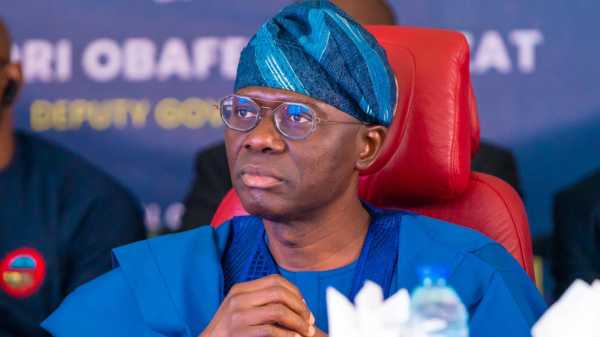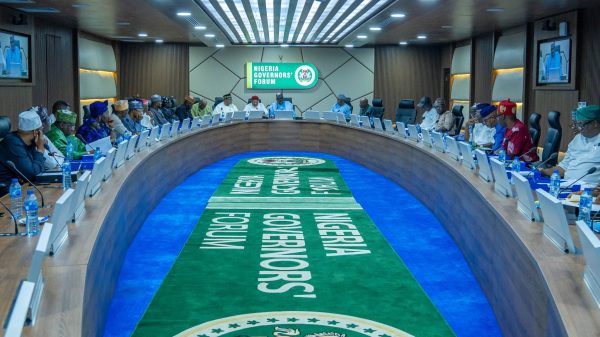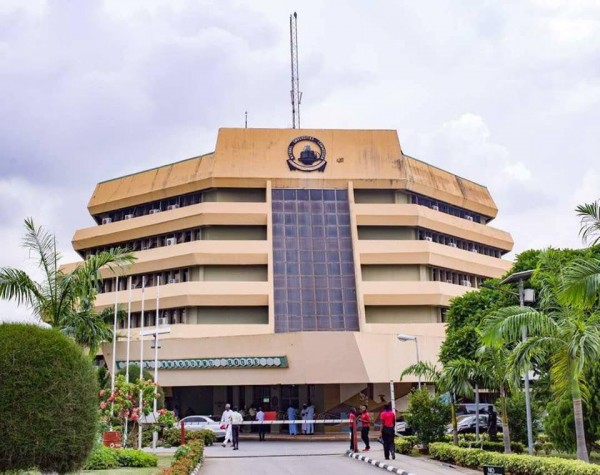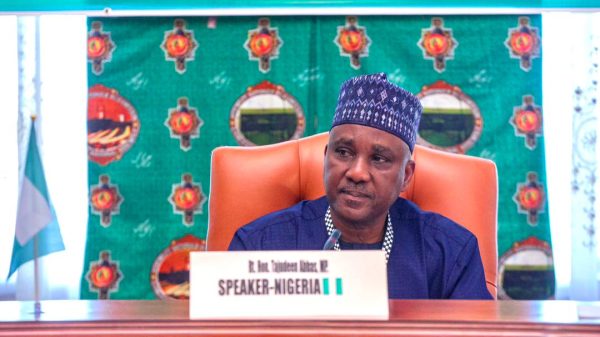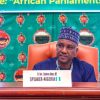Abuja, Nigeria
The National Universities Commission (NUC) says the number of universities in the country has grown from 49 in 1999 to 298 in 2025.
Professor Abdullahi Ribadu, Executive Secretary of the NUC, disclosed this on Wednesday during the presentation of licenses to 11 newly approved private universities.
Ribadu said the growing importance of private universities as complementary partners to public institutions, particularly in catering to Nigeria’s youthful population, is good for the country.
According to him, access to university education has been liberalised since 1999 and has increased the number of private universities from 23 to 159.
He added that private universities have “significantly expanded the nation’s academic landscape.”
“From just 49 universities in 1999, 23 of which were private, Nigeria now boasts of 298 universities, with 159 (53.3 per cent) being privately owned.
“The catalyst for this expansion is the increased participation of the private sector,” he said.
He explained that the licenses awarded were provisional, valid for three years, during which institutions must meet strict quality benchmarks.
“The provisional status is subject to close monitoring by the NUC, with full licenses to be granted only after a thorough evaluation of each institution’s compliance with regulatory standards,” he said.
Ribadu announced that a new mandatory resource verification exercise would be conducted for all academic programmes to ensure the new universities are ready for academic programmes.
Jimoh Ibrahim, founder of the University of Fortune, Igbotako, Ondo, spoke on behalf of the proprietors. Tasked the regulatory agency to remove barriers preventing Nigerian universities from collaborating more actively with global institutions.
Ibrahim explained that the removal of the barriers was urgent and significant in fostering international academic partnerships to drive innovation, skills development, and national growth.
Tony Iredia, Proprietor of Tonnie Iredia University of Communication in Benin, urged the federal government to keep the moratorium period reasonably short.
He also noted that Nigerian universities may be underperforming in research due to inadequate communication of their research findings.






